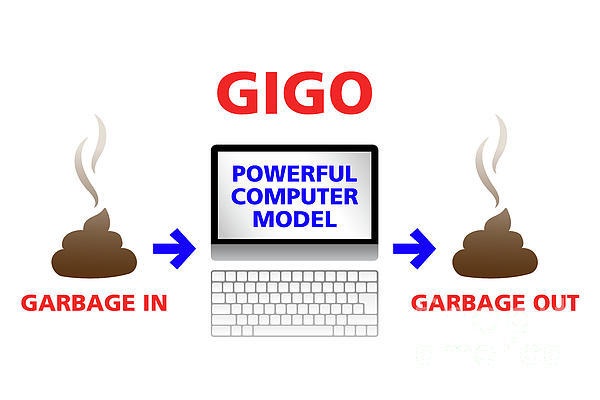A federal district court judge in New York’s Southern District recently used her discretion to warn a self-represented litigant about submitting false and nonexistent legal authority to the Court. Sanctions may be imposed for submitting false and nonexistent legal authority to the Court. See, e.g., Park v. Kim, 91 F.4th 610, 613-16 (2d Cir. 2024)…
Category: Bard
Protective orders that prohibit submitting confidential discovery material to open generative AI tools
In a sign of the AI times, the federal court in the Southern District of New York recently entered a protective order that includes an AI-restriction paragraph:
Procedural takeaways when there are AI/fake-case concerns
In less than a year after the ChatGPT usage in Mata v Avianca, Inc., SD NY (Docket No. 1:22-cv-01461) captured headlines, we’re starting to see a pattern and lessons for how adverse parties and courts are handling suspected fake-case court filings. The pattern often follows the routine of other claims when reliability may be questioned…

Testing should be believing: AI tools like ChatGPT, Claude, Gemini, Copilot, etc. cannot be used for primary legal research or drafting
Given the continuing reports about lawyers being referred for professional discipline or self-represented litigants being sanctioned for AI-generated court filings that include bogus content, today I took the most common (and free version) AI tools for a legal research and writing test. TL;DR: Do not use. Spare yourself the risk of sanctions and professional discipline….
Plain-language editing and other AI prompts (ChatGPT, Bard, and Bing) that work for me
A downloadable and printable handout is sometimes more useful than a text-based blog post. (At least for this “prompt engineer”.) Sharing what works for me, here is a downloadable three-page guide of the plain-language editing prompts that are helpful when I use ChatGPT, Bard, and Bing. Don’t be shy in sharing your experience and suggestions….